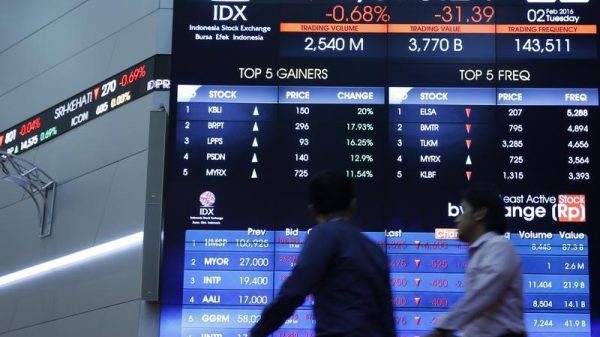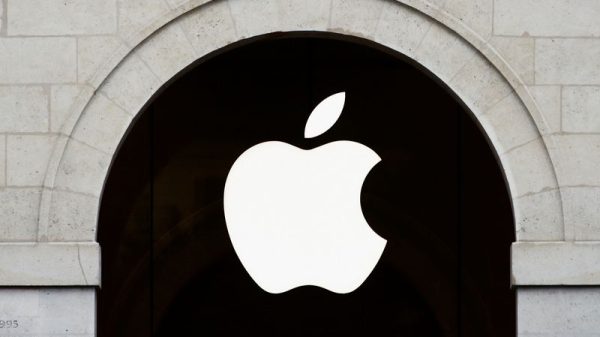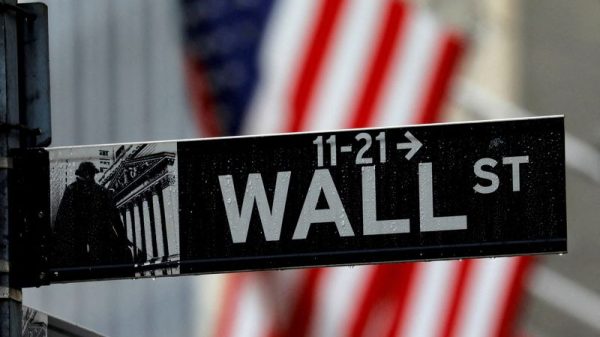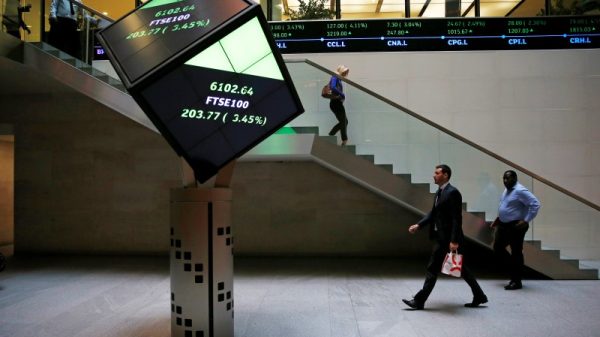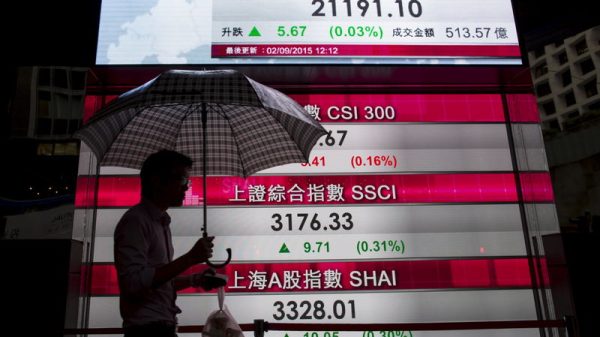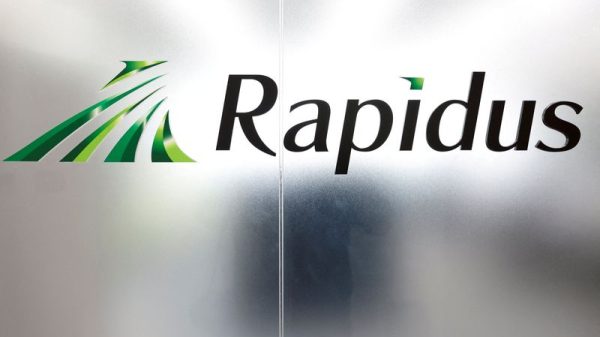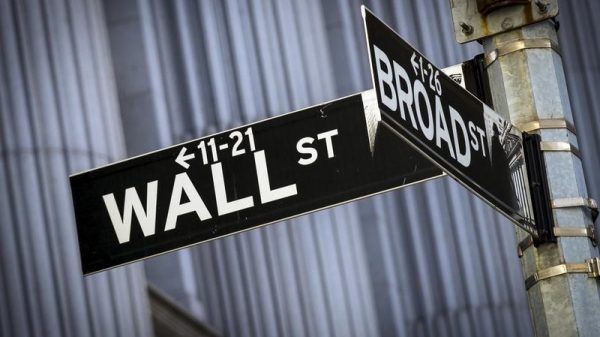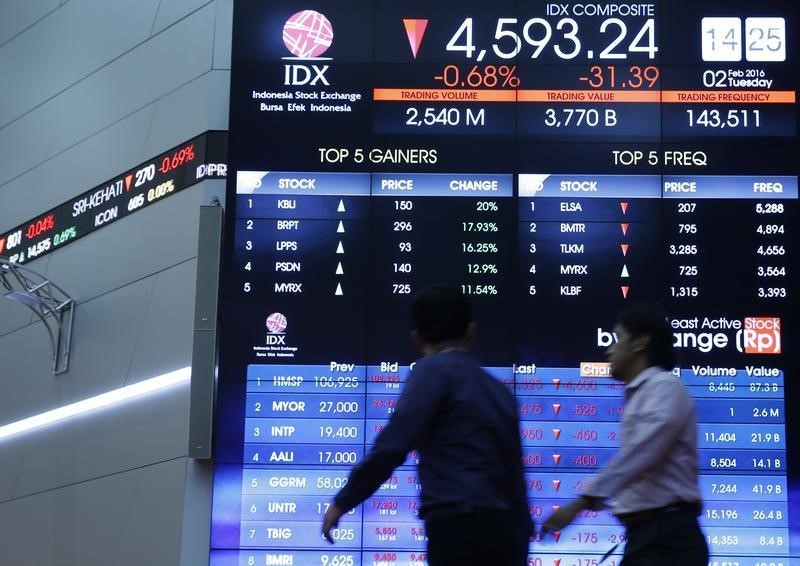 Playing the stock market amid bubble risk can be tricky. If you’re considering the advice from Bank of America (BofA), which suggests buying crypto and China-based investments, it’s best to take a comprehensive approach. Here’s how you might go about it:
Playing the stock market amid bubble risk can be tricky. If you’re considering the advice from Bank of America (BofA), which suggests buying crypto and China-based investments, it’s best to take a comprehensive approach. Here’s how you might go about it:
1. **Educate Yourself**: Understand what the stock market bubble is and how it affects investments. Also, learn about cryptocurrencies, how they work, and the risks involved. Similarly, understand the economic status and investment dynamics of China.
2. **Invest in Crypto**: According to BofA, cryptocurrencies like Bitcoin could be a good investment. However, investing in cryptocurrency comes with a high risk due to its volatility. Therefore, don’t invest money that you can’t afford to lose. If you decide to invest, start with a small amount until you understand the market better. Use reputable crypto exchanges and secure wallets to keep your investments safe.
3. **Invest in China**: Since China is a growing economic powerhouse, BofA suggests it as a profitable investment opportunity. Look for companies that are stable, have good potential, and are listed on major exchanges. You could invest directly in Chinese stocks or via mutual funds, ETFs, etc., that focus on China.
4. **Diversify Your Portfolio**: It’s always crucial not to put all your investment in one basket. So, irrespective of the potential benefits of crypto and China, diversify your portfolio to include other assets like bonds, other forms of equity, etc.
5. **Seek Professional Advice**: This cannot be overemphasized. Crypto and China markets may seem attractive, but they have their own risks and complexities. Consider seeking the help of a financial advisor to guide you.
6. **Monitor Your Investments**: Once invested, regularly monitor the performance of your investments. Stay updated with the news about the stock market, crypto market, and changes in the Chinese economy.
Remember, every investment has risks. It’s best to be cautious and not to invest more than you can afford to lose. Investing should align with your overall financial goals and risk tolerance.

